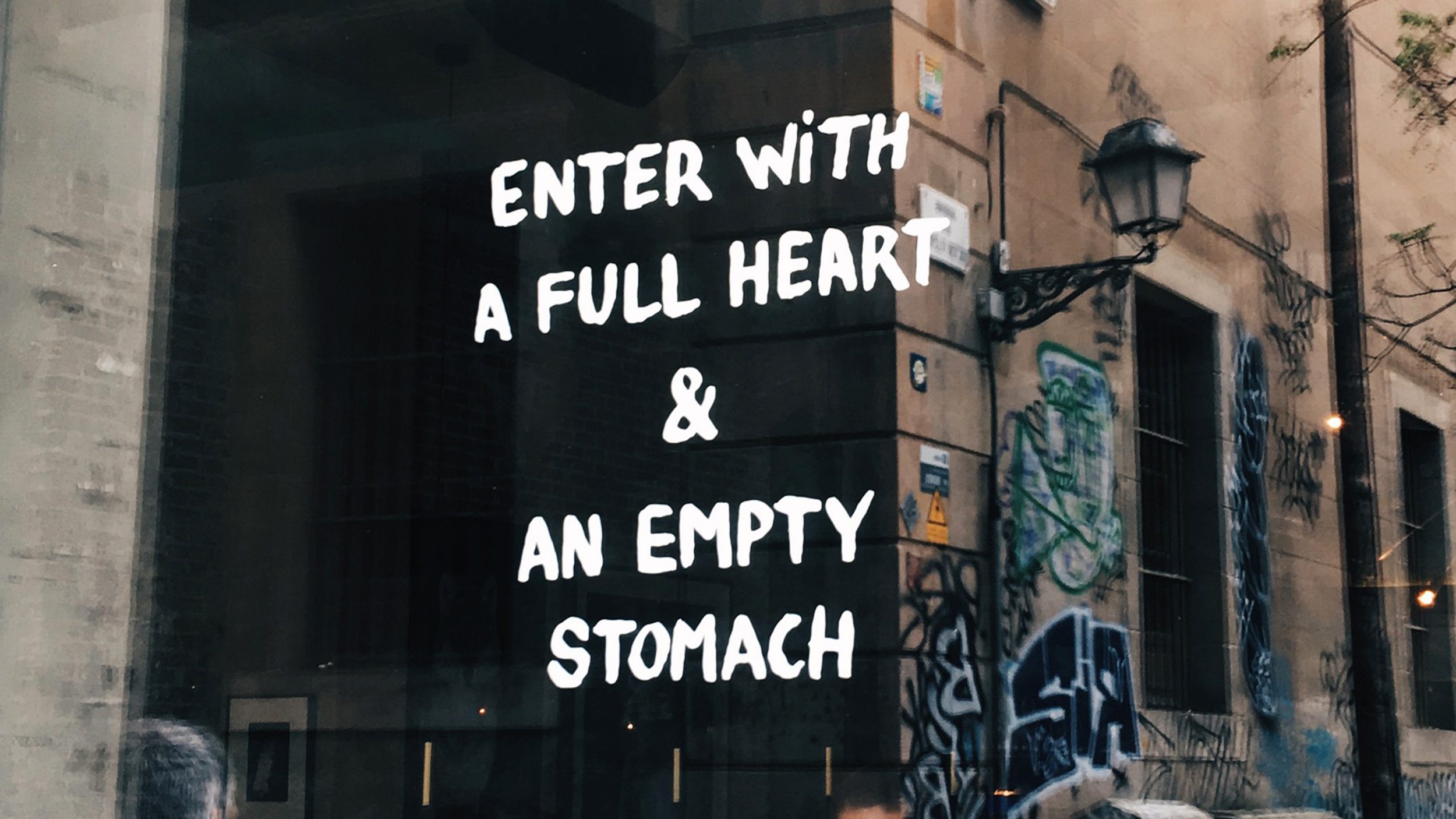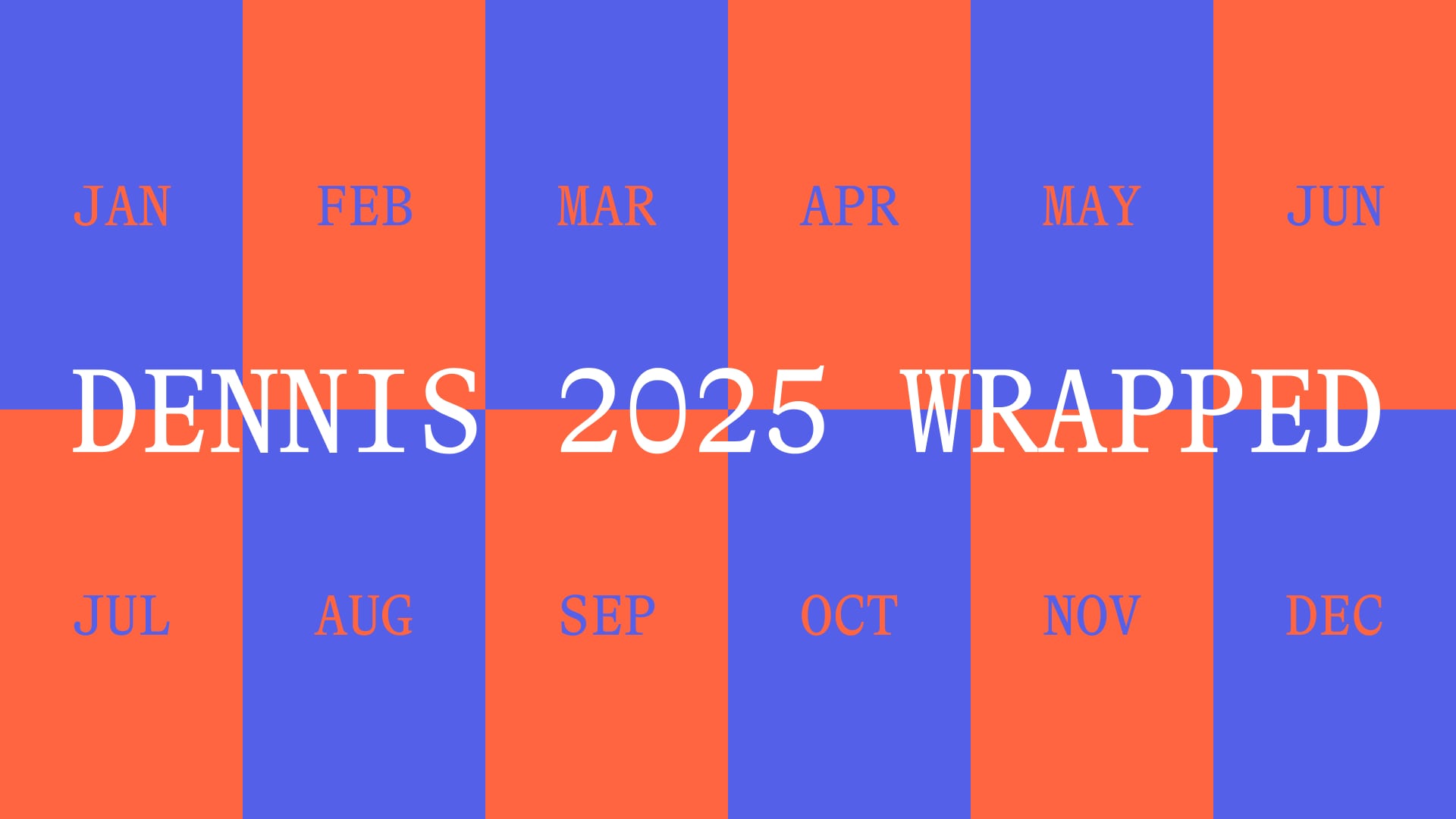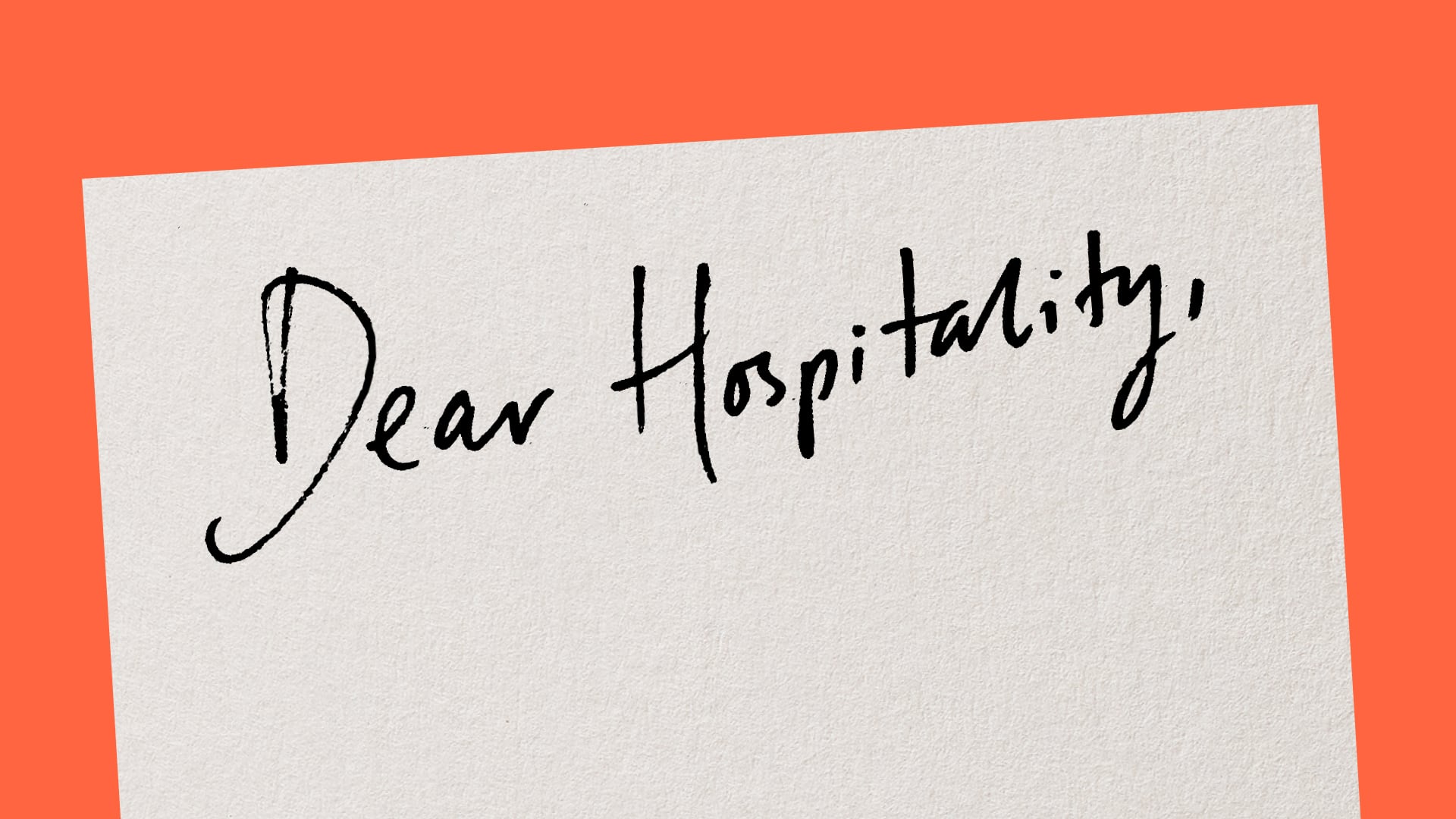Written by Alfie Hayward, freelance copywriter and friend of Dennis
Hospitality brands have something most other brands don’t. And it’s not tiny croissants or free sachets of mayonnaise. Though most other brands would benefit from these. It’s character. Humanity. That intangible quality that makes you think, “Now here’s a hotel I’d like to grab a beer with.”
For a brand, this inherent personality is huge. It makes all the ways you express your brand feel genuine, relatable, and not tacked-on. But why does it come more naturally to hospitality brands than, say, a plumbing supplies shop?
Partly it comes down to audience expectations. Places where we eat, drink and sleep will always feel more like home, so we’re less guarded in our interactions, and expect to have a more intimate experience with them. But it’s also because these places just have better stories. Whether it’s the old town hotel where a rock star once snapped a bed in half, or the brand new restaurant where the chef cooks over a flaming tar pit, hospitality businesses trade in our basic human needs. So when they talk, we listen.
Which is why copywriting is such a fun and important part of hospitality branding. It’s a chance for your brand to use its voice. To talk with people, rather than at them, and be the fully-rounded human they expect it to be.
So how can you do this justice in your communications? Here are some of our thoughts on copywriting for restaurants, bars and hotels.
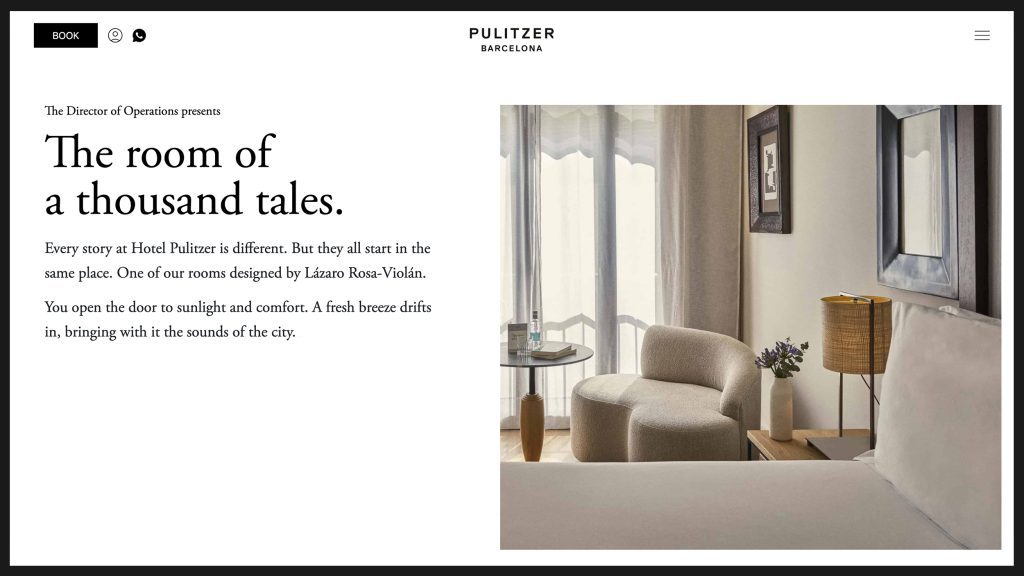
Know your role
Copywriting is the voice of your brand. But who, specifically, is talking? The sassy waiter? The formal manager? The squeaky-voiced work experience boy? Any of these characters will give your customers a different perspective of your business.
For example, when we created the brand and website copy for Hotel Pulitzer Barcelona, we wrote each webpage from the perspective of a different character. From the helpful receptionist, to the discerning chef, to the local culture vulture sipping Aperol on the roof terrace.
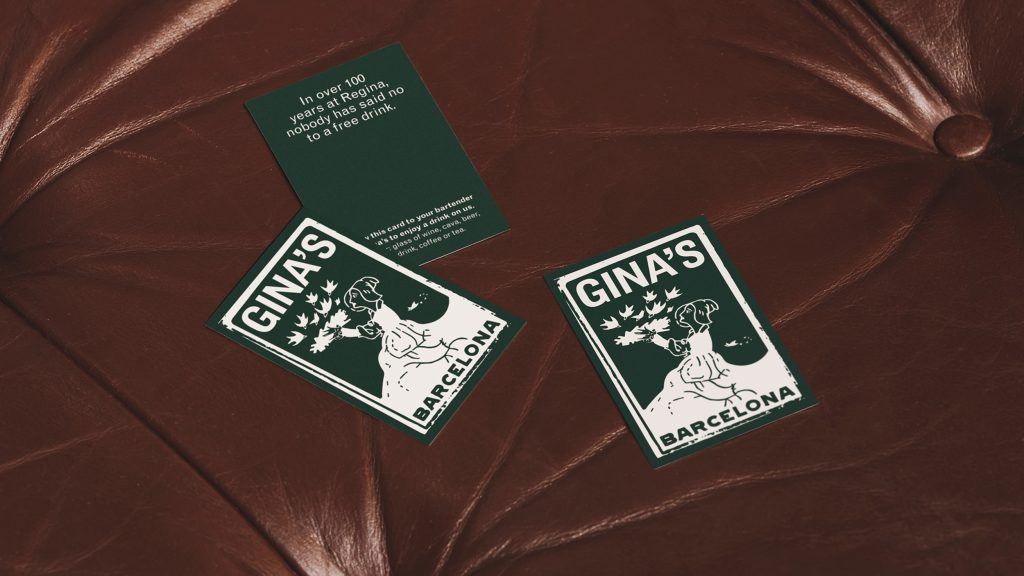
Keeping things moving
It’s easy to see copywriting as a means to an end. ‘Buy this’, ‘click here’, and so on. Which is fine if you’re selling mugs on Etsy. But a holiday, meal, or even just a drink in a bar, is a whole experience.
Your messaging can help your customers get the most from their visit, taking them on a journey from starter to main, coffee to cocktail, jacuzzi to bedroom. So don’t just focus on the end goal, guide them step-by-step through the whole experience.
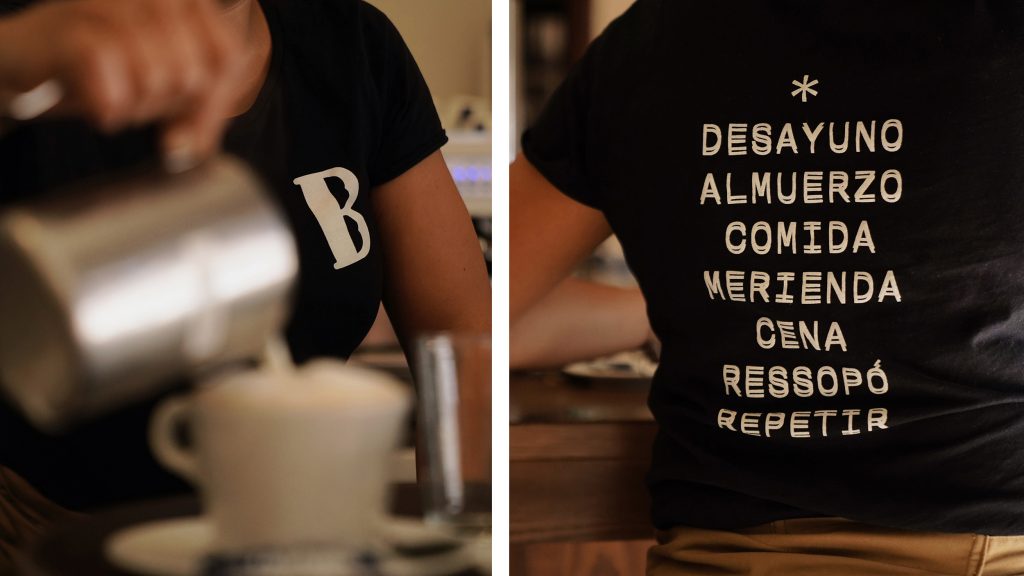
Have fun
Your advertising and marketing copy needs to wow, communicate, and convert. The copy in your establishment doesn’t have this pressure. It’s mainly there to show people a good time.
So use your in-house touchpoints, like menus, door hangers and welcome cards to have some fun with your brand personality. A simple joke or light-hearted message is a great way to keep people coming back for more.
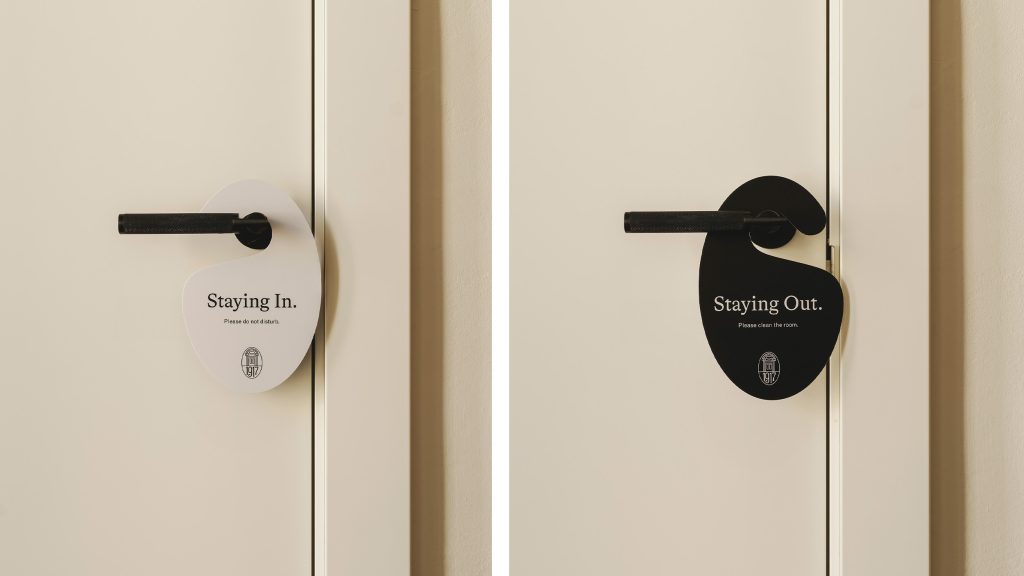
Leave a lasting impression
Restaurants can develop our palates, hotels can immerse us in a culture, and some of the best stories begin at a bar. This power of transformation is an untapped chapter of hospitality storytelling. It’s the ‘what-next’ of the narrative, where the brand story becomes the consumer story.
Our branding for Hotel Regina, for example, was based around the idea of ‘Reinvent yourself. Stay timeless.’ to encapsulate the history and style of the hotel, as well as its regenerative effect on guests.
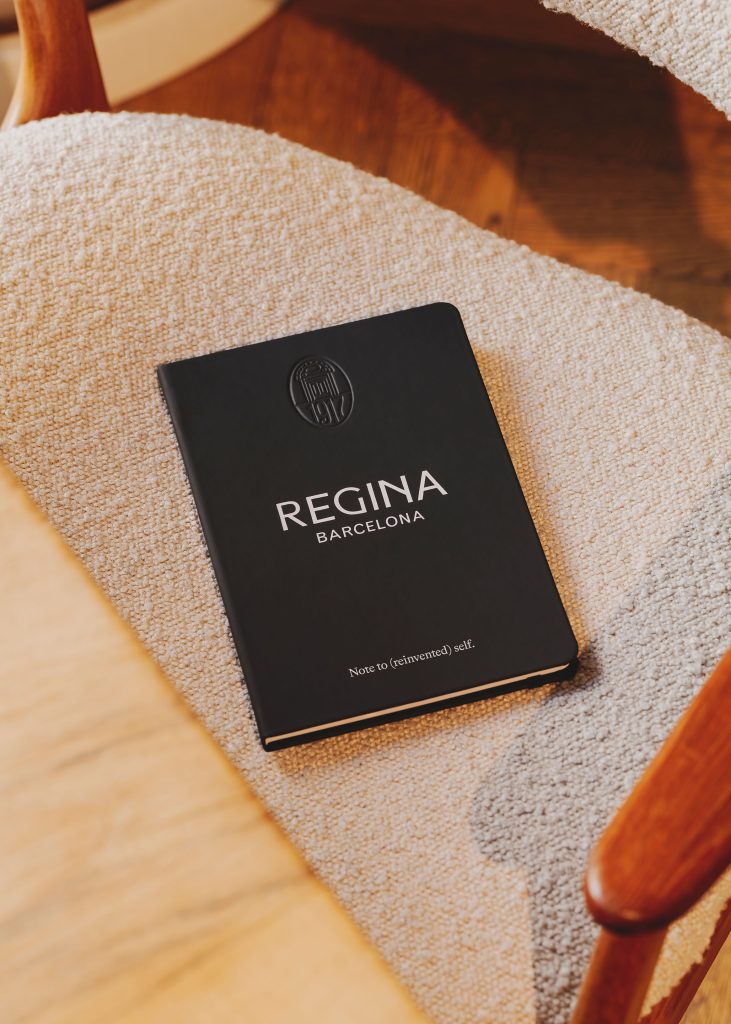
Know when to stop
You don’t want to spend all that effort humanising your brand, only to come across like a waiter who won’t leave their customers alone. So there’s no need to write a hilarious joke on every coaster, towel and complementary mint wrapper.
Just like a real member of staff, your messaging should make people feel welcome, guide them to new activities, make them smile now and then, but otherwise leave them to make their own memories.
Ultimately, copywriting for hospitality businesses is like a good customer service job. It’s a chance to be friendly, maybe a bit cheeky, but ultimately take people on a journey and leave them with lasting memories.
If you’d like to discuss your brand personality, tone of voice, communications plan or messaging framework, get in touch with Dennis at hello@dennis.studio.
